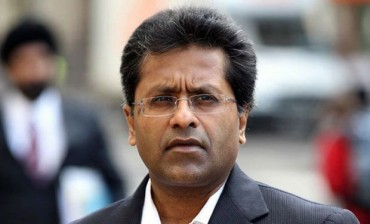Japanese Prime Minister Shinzo Abe has scored a major victory in national elections that returned his ruling coalition to power in decisive fashion.
It also makes him Japan’s longest-serving post-World War-II leader. A victory would boost Abe’s chances of winning another three-year term next September as leader of the Liberal Democratic Party. That could extend his premiership to 2021, giving him more time to try to win a reluctant public over to his longtime goal of revising Japan’s pacifist constitution.
In the immediate term, a victory likely means a continuation of the policies Abe has pursued since he took office in December 2012 — a hard line on North Korea, close ties with Washington, including defence, as well as a super-loose monetary policy and push for nuclear energy.
Japan’s Abe gets re-elected as PM for the third time





